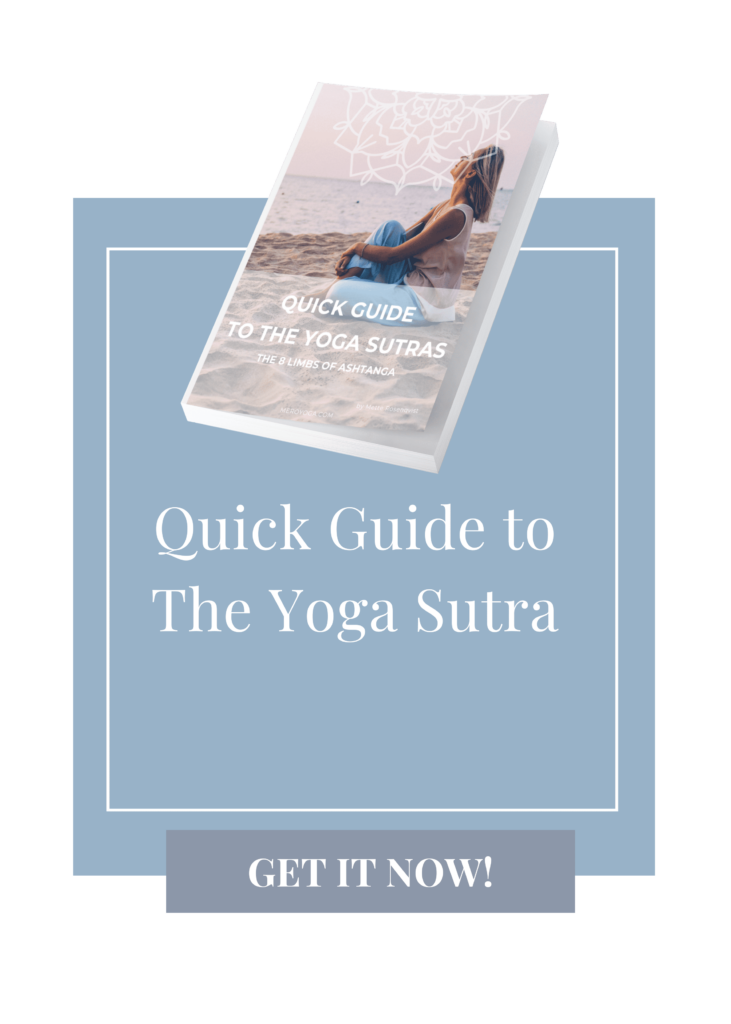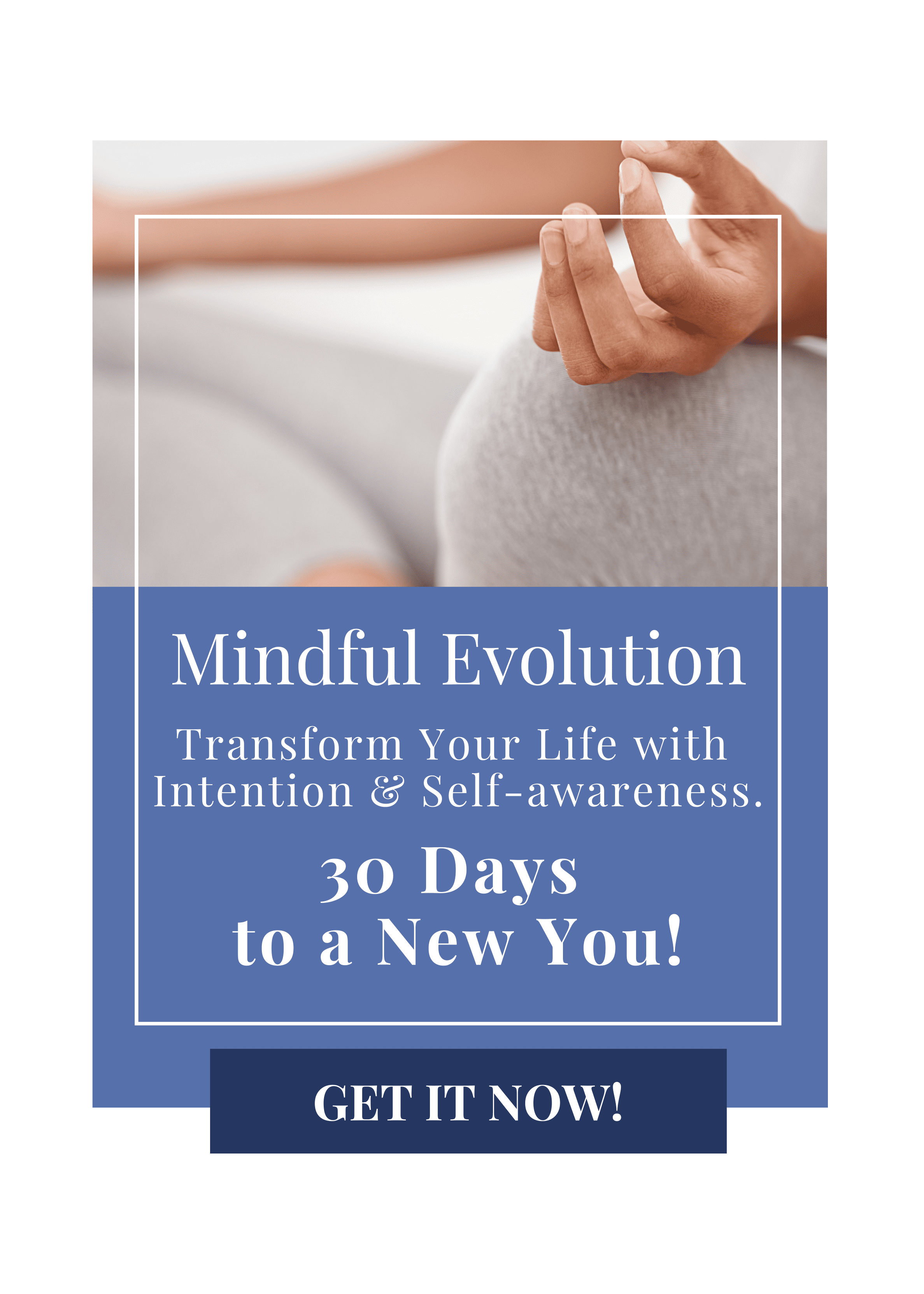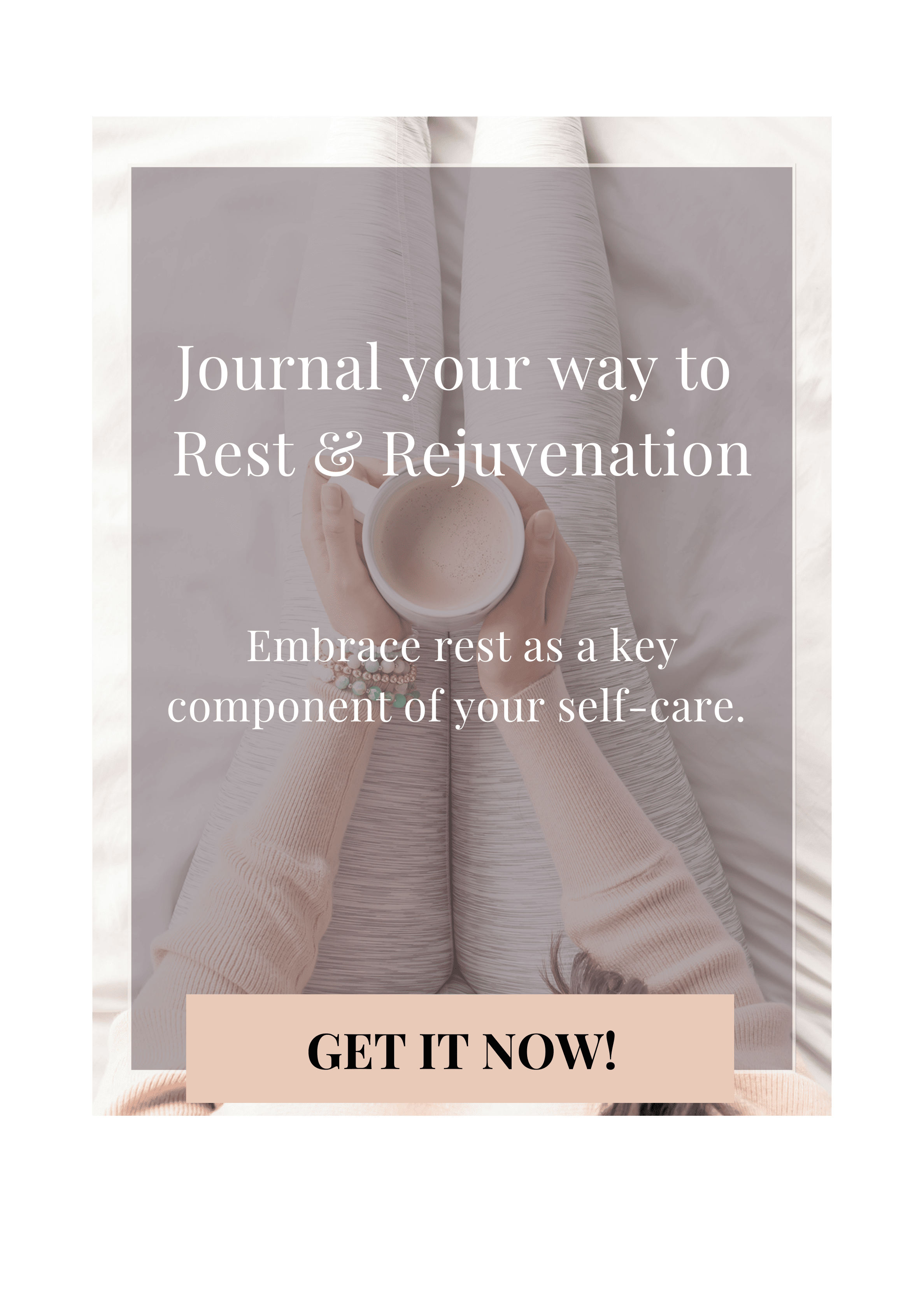WHO calls stress the worst health epidemic of the 21st century, so maybe it is time to take stress seriously?
I personally don’t have a hard time recognizing when I’m stressed. I have some quite distinct bodily reactions that appear when it’s time to slow down and relax to recharge the batteries. I am also lucky enough to have my tools (yoga, mindfulness, breathing exercises, journaling, reiki, and sound healing) at my disposal to quickly help me return to harmony and balance.
But that doesn’t mean I haven’t deliberately ignored or overheard these signals every now and then and paid the price for driving my nervous system to the ground.
We all react differently to stress, but it is certain that your body has a number of obvious signals to tell you when you have gone too far. Long before you step over that line, the body has repeatedly tried to get your attention. But most people have lost touch with themselves, and therefore things often go really wrong before they stop and recognize that there is a problem.
It can be difficult to accept and even recognize that you may have reached the fine line between being able to bounce back or burnout. We all have blind spots when it comes to our self-knowledge, and probably most of all to recognize that we are not super-women but just ordinary human beings.
Please note that you can download a FREE PDF with 100+ self-care ideas
at the end of the post!
You might also like “What is holistic healing and how can you achieve it”
How do you know if you’re stressed?
If you find that over a long period of time you have felt unable to engage in your daily life like you used to, and you experience one or more of these symptoms. Then it may be a sign that you are stressed and need to slow down and take action to alleviate whatever is causing it and take time out to recuperate.
Symptoms of stress can be:
– Difficulty sleeping.
– Memory problems.
– Difficulty concentrating.
– Swarms of thoughts.
– Tension headaches.
– Difficulty breathing.
– Muscle pain.
– Excessive fears and worries.
– Dry mouth.
– Easy to tears.
– Prone to angry outbursts.
– Recurring illness / poor immune system.
– Recurrent tinnitus (transient howling or buzzing in the ears).
Also, be aware that anxiety and depression in the initial stages exhibit many of the same symptoms as stress and that it is important that common symptoms of such conditions are identified early on so that you can get the help you need as anxiety and depression have a far greater and lasting effect on the quality of your life.
WHO describes stress like this:
“Stress can be defined as any kind of change that causes physical, emotional or psychological strain. Stress is your body’s response to anything that requires attention or action. Everyone experiences stress to one degree or another. However, the way you react to stress makes a big difference to your overall well-being.”
What is important to note here is not that you get stressed, that is one of the conditions of living, but that it is your way of reacting to the stress that is decisive for whether you can handle the stress you are exposed to.
It is important for both your mental and physical well-being to learn how to handle stress, and this can be done by increasing your self-awareness and using tools that can train your nervous system. Learning to manage your daily stress can make you resilient to stress.

You might also like “3 surprising ways to manage anxiety“
Good advice for stress management.
So first, a few good tips that are worth repeating:
Maintain daily and weekly routines – regularity, habits, and repetition provide mental breaks.
Get enough sleep – sleep at least 8 hours every night. Try to be consistent and go to bed and get up at the same time every day. But regardless of what time you go to bed, get up at the same time every morning – even on the weekend!
Maintain good sleeping habits – sleep in a bedroom that is dark and at a comfortable sleeping temperature (18.5 degrees Celcius, yes it must be cool!), avoid coffee and alcohol before bed, and turn off electronic devices (TV, PC, mobile) for 1 hour before bedtime.
Get exercise every day – make sure you move and be physically active every day.
Make sure you stay in touch with family and friends – having a social network is essential for your mental well-being.
Eat healthy – everything you eat affects your health. A balanced diet and plenty of water every day help to ensure your immune system. And last but not least
Limit and be critical of what you spend your time on – minimize news, TV, social media, etc. Excessive use of electrical media tires and stresses your brain.

Tools for managing stress.
If you are already stressed, it is important that you make use of self-regulation tools as soon as possible. These can help you here and now, but also over time increase your resilience to stress:
Yoga – yoga is the best tool to reconnect with the body. Yoga increases your body awareness and opens up the internal dialogue that enables you to deal with the stress you encounter in everyday life. Chronic pain, physical discomfort, pressure in the chest, headaches, etc. are some of the bodily signals that the body uses to get your attention. With yoga, the communication line is established so that you, here and now, and in the future, can have an honest dialogue with yourself.
Mindfulness – a hyped concept, but an important concept nonetheless. Mindfulness is part of yoga (Dhyana and Samadhi). Mindfulness can teach you to be more present in the now and in your own life. By incorporating the concepts of mindfulness, you experience greater inner peace and an improved ability to live your life to the fullest.
Breathing – Breathing exercises are a large part of yoga, and are included both in the practice of yoga and as an independent discipline within yoga (Pranayama). Breathing exercises are a direct path to self-regulation, one, perhaps the most important piece in your ability to deal with daily stress.
Journaling – Journaling is a highly effective way to manage stress, it allows for emotional release, by writing down thoughts and feelings, it helps organize thoughts, encourages mindfulness, and allows reflection on the day’s events, which can help identify patterns and triggers that cause stress.
Now you’re probably thinking I’ve forgotten something. What about meditation you say…
Meditation – Meditation is an extremely important tool. Part of yoga (Dharana). Due to its popularity, it is hyped as a “cure-all”. But meditation is far more difficult than it is made out to be. In order to be effective, meditation requires that you are already able to relax somewhat (therefore = yoga, mindfulness, and breathing exercises) and here breathing exercises are a far better tool than meditation to be used to begin with, as you are able to get results right away.
In addition, there are many different types of meditation, and therefore also a lot to choose from. In some cases, meditation can actually worsen a given situation, so it is important to learn a bit about the basic fundamental techniques of meditation. In order to really benefit from meditation, you should also be able to be present in your own body first.
Sound healing – sound healing is an unrivaled tool for balancing the nervous system and de-stressing the mind and body. Sound healing is a way of producing a meditative state, without having to create it yourself. It is surrendering to the body’s own intelligent wisdom, and a loving support to your mind, body, and brain. It can be used both proactively to balance the body at regular intervals or as a remedy when the problem has arisen.
Reiki healing – As sound healing, it is a tool to bring the nervous system, body, and mind into balance, a surrender to the body’s own intelligent wisdom, and a loving support for our mind, body, and brain. It can similarly be used both proactively and for acute situations and uses the body’s own intelligence to remedy stress, trauma, and physical problems.
You might also like “10 mindful ways to decrease your alcohol consumption”
Stress is often the root cause of health issues.
Since stress contributes to or is often the root cause of so many health issues, it’s important to take it seriously when symptoms of stress start to appear. Managing stress is about:
1) being able to listen and interpret your body signals AKA having an open mind-body connection.
2) having a solid level of self-knowledge AKA self-awareness and body-awareness.
3) having self-regulation tools to support and manage the stress you experience AKA practicing mindfulness and other holistic health practices, and
4) working proactively with steps 1, 2, and 3 so that stress never becomes an overwhelming issue, but something you can regulate on a daily basis.
Once you have all these in place, you stand a much better chance of coping with the stress you will undoubtedly encounter along the way. So, find the support and tools that work for you, so you’re able to live the life you want and grow from adversity instead of crumbling.
Be well, my friend ❤️🫂






